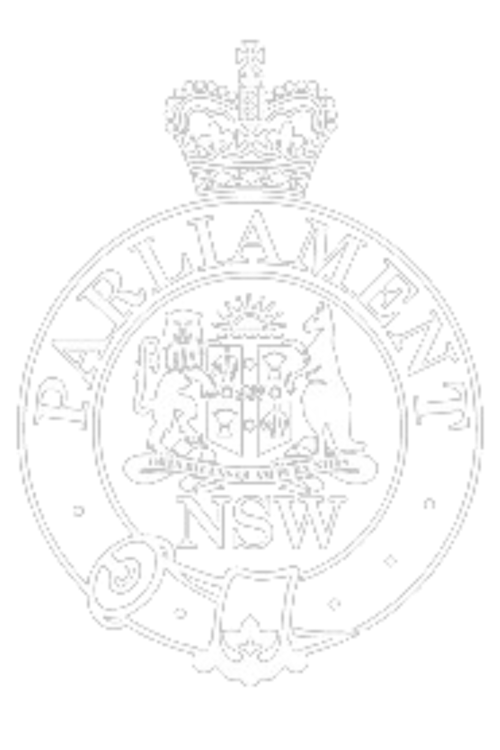Over the weekend the world marked the International Day to Combat Islamophobia. For many of the Muslim faith in the electorate of Liverpool, the day shines a light on the very real prejudice that they face on a daily basis. The date 15 March was officially designated by the United Nations as the International Day to Combat Islamophobia in 2022 and was chosen to mark the anniversary of the horrific mass shooting in Christchurch, New Zealand. On that day in 2018, 51 people were killed in an attack that deliberately targeted observers of the Islamic faith as they engaged in Friday prayer.
It is that reminder of Christchurch that makes the 2025 date even more important. This month the Islamic community in Liverpool was shaken by online threats of "Christchurch 2.0" at the Australian Islamic House in Edmondson Park. The mosque, which opened its doors only recently to the public just in time for Ramadan this year, caters to the growing Muslim community in south‑western Sydney. Following the threat, a 16-year-old boy was arrested in Western Australia and charged with creating a false apprehension to the existence of threats or danger. New South Wales police have advised of no ongoing threats to the community. This heinous threat, made during the holy month of Ramadan, no less, serves as a chilling reminder of the dangers posed by rising and persistent Islamophobic rhetoric and actions in our community.
However, let us be clear: This is no isolated incident. The fifth Islamophobia in Australia report, published by the Islamophobia Register and Monash University, found that there were 309 in-person Islamophobic attacks between January 2023 and December 2024. Ranging from verbal abuse and threats to physical assault, these attacks are primarily directed at women and girls. The report highlights a 250 per cent increase in in-person Islamophobic incidents, when compared to the previous reporting period. Shockingly, half of those in-person incidents were reported in New South Wales, with our public spaces that should be safe for any members of the community—streets, workplaces, shopping centres, schools and public transport—identified as common hotspots for these cowardly incidents.
There has also been a corresponding increase in online threats, with 366 verified online cases documented in the reporting period. I have previously spoken in this House about the impact of disinformation on social cohesion, especially in the wake of last year's horrific events at Bondi Junction and Wakeley. The report found that a rise in Islamophobia across our social media sites in the immediate aftermath of both cases was often egged along by prominent commentators. The psychological impacts of this on our Islamic community are concerning. Victims of these incidents report experiencing trauma, anxiety and a heightened fear of public spaces. Some alter their daily routines, quit their jobs or avoid leaving their homes altogether. Even more alarming is that 57 per cent of the incidents covered in this report went completely unreported to the authorities. Many victims felt that reporting was pointless and would lead nowhere.
As we respond to repair the damage done to the fraying threads of our social cohesion, it has never been more important for elected representatives, particularly those of us who represent communities with large Islamic communities, to stand with their communities against Islamophobia. Like any other form of hatred, Islamophobia is unacceptable and must be stamped out. It is our duty, as leaders and as citizens, to foster a society where everyone, regardless of faith, background or beliefs, can feel safe and respected. We must not be passive in the face of hatred.
This starts with education, awareness and robust policy measures. We must ensure that anti-discrimination laws are enforced, that social media platforms are held accountable for the content they host and that victims of Islamophobia have access to support and justice. Furthermore, we must challenge harmful narratives wherever they arise and promote a culture of inclusion and understanding. The International Day to Combat Islamophobia is not just a day of recognition; it is a call to action. Let us heed that call and work together, whether in my community of Liverpool or across this great State, to create a future where Islamophobia and all forms of hatred have no place in our communities.


